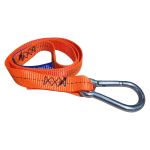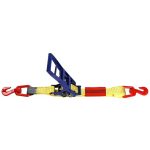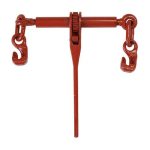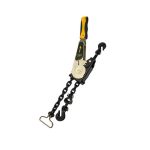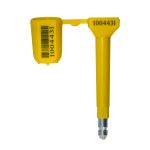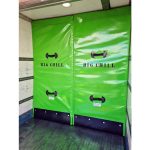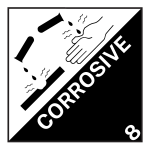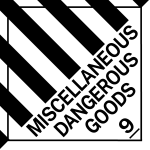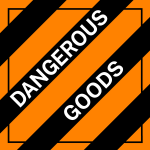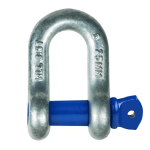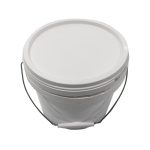As the owner of a thriving transport company, you understand the importance of securing new customers to drive business growth. While providing excellent services is essential, proactive follow-up is equally crucial in converting potential leads into loyal clients. In this blog, we will explore the art of follow-up calls and how they can significantly contribute to expanding your customer base and ensuring long-term success.
Believe in Winning: Make the Call
When it comes to growing your customer base, belief in your services is key. Approach follow-up calls with confidence, knowing that your transport company offers top-notch solutions that meet your customers’ needs. Even if you don’t seal the deal on the first call, don’t be disheartened. Remember, most sales are made through persistence, and follow-up calls are your gateway to showcasing your commitment and expertise.
Don’t Hesitate for Seconds or Thirds
It’s rare for new customers to commit after just one presentation. In the transport industry, as with any other, potential clients often take time to evaluate their options and make informed decisions. Don’t hesitate to make second or third follow-up calls if indicated. Show your dedication and genuine interest in their business by staying engaged and available.
Show You Care about Their Projects
When making follow-up calls, demonstrate that you care about the success of their projects. Ask if they have any questions or concerns regarding your services or the quote provided. Show empathy and attentiveness, as customers want to work with a company that understands their needs and is genuinely invested in their projects.
Learn and Improve: Analysing Lost Opportunities
Not every follow-up call will result in a new customer, and that’s okay. Treat these lost opportunities as valuable learning experiences. Analyse what went right during the interactions and identify areas that you could improve upon. By understanding your strengths and weaknesses, you can refine your approach and enhance your chances of success in future follow-ups.
Timing is Key: Set a Follow-Up Schedule
To optimise your follow-up efforts, create a structured follow-up schedule based on the urgency of each potential customer’s project. Respect their timelines, but be proactive in maintaining regular contact. Striking the right balance between staying engaged and being overbearing is essential.
Personalisation Drives Success
Each follow-up call should be tailored to the specific needs and preferences of the potential customer. Personalisation shows that you value their unique requirements and have taken the time to understand their business. This level of attention can significantly impact their decision-making process.
Recording and Tracking
Keep detailed records of your follow-up calls and interactions with potential customers. Utilise customer relationship management (CRM) tools or spreadsheets to monitor progress and outcomes. These records will help you stay organised, track leads, and identify opportunities for improvement.
As the owner of a transport company, follow-up calls are a powerful tool in growing your customer base. Approach these interactions with confidence and persistence, demonstrating your commitment to providing exceptional services. By showing genuine care for your potential customers’ projects, analysing lost opportunities, personalising your approach, and maintaining a consistent follow-up schedule, you can convert leads into loyal clients. Effective follow-up calls pave the way for recommendations, repeat business, and ultimately, long-term success for your transport company.













